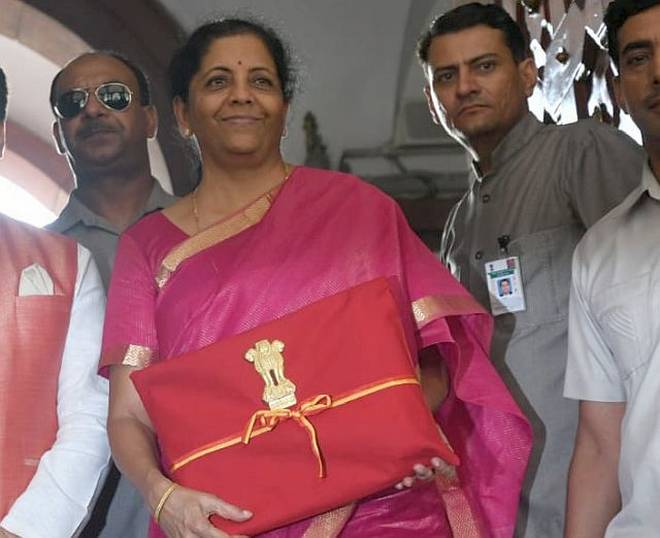The Goal Of The Union Budget
Indian budget 2020 – The economy of the country has seen several drastic changes in a small time-frame. This slowdown can be attributed to various factors. But these factors are necessary only to analyse which areas need changes. Also, so that something can be done to restore the tax structure and the gross domestic product (GDP) of the nation.

With the same intent, the finance minister presented the Union Budget on 1st February.
The generic goal of the budget for the current business rates year is to:
- Ease compliance
- Aid tax operations throughout the country.
- leave travel allowance.
- deductions for medical insurance premiums
The key features of the recent budget reform include:
- Development of the economy
- Aspirational India
- A caring society
Highlights of Budget 2020
According to ETV Bharat latest news, the principal themes around which the budget is woven is to facilitate growth. And the aim is to simplify mandatory financial processes. While the fundamentals remain the same, several amendments can still be observed.
The significant changes observed by the budget this year comprise of:
1. Personalised Taxation Standards
Indian budget 2020 – According to the Financial Bill 2020, the Hindu undivided families will be allowed to pay tax at rates lower than the usual. This amendment holds valid for the financial year 2020-21.
A set of exemptions must be given up for an entity to be eligible for this personalisation in tax rates. These deductions include:
A. donations to charity
B. House Rent Allowance
2. Tax on Employee Stock Options
The window for tax holiday has been expanded, and these benefits are limited to start-ups. This will not only foster artistic growth but also affect the revenue of the country.
3. Tolerance Limit Increased
If the stamp duty value happens to be 10 per cent more than the sales consideration, only then the difference is considered as taxable income. Earlier, the rate for the same was five per cent.
4. Abolishment Of DDT
The Dividend Distribution Tax for domestic companies has been observing several amendments since long. It saw substantial changes in the previous years’ budget announcements. But with the declaration of budget 2020, this tax regime has been abolished. The abolition is expected to invite more foreign investors.
Besides the above, residency rules have also been reformulated. As per the new regulations, any income earned outside the country and through a non-Indian organisation is not liable to be taxed. This new rule is applied to someone who becomes a deemed resident of India.
Further, there has been a change in criteria for qualifying as a ‘not-ordinary resident’ in India. As per the new rules, if a person happens to be a non-resident for seven out of ten preceding tax years, he qualifies as a not-ordinary resident of the country.
5. Remittances Under LRS
Budget news confirms that the government has proposed a 5 per cent tax rate on payments of more than seven lakhs a year.
The Balancing Act
Government’s primary intention is to bridge the gap between the poor and the affluent section of the country. And, to increase employment opportunities, the government focuses on building new infrastructure. The goal is to create 100 new airports within four years.
The budget also offers financial support to eradicate manual scavenging. The government aims to:
A. increase employability
B. And to avoid taxation redundancy at the same time with the budget reform.
The government aims to create a balance by:
A. minimising tax obligations for a specific group
B. and reviving the banking sector.
It intends to foster better living conditions for the lower sections of society.
Rationalisation in rates, capitalisation changes, increase in incentives- every single move contributes to one goal, i.e., the aspiration of a balanced economy!
